Deer Steward 1:
Herd Management
Online Module
Learn all about population management, what deer eat, and deer predators by completing NDA’s Herd Management online module.
$55.00
Why Choose this Course?
Learn from the Nation’s Top Deer Experts and Researchers
This course was developed by the National Deer Association (NDA) and is powered by the leading provider of online hunter safety courses for state agencies and consumers in North America. In this course, you will receive the world’s foremost personal training on herd management.
Comprehensive Learning
Videos and corresponding photos and slides included throughout the course make information easy to learn and retain. The nation’s top deer experts provide you with a complete understanding of deer biology, ecology, and management.
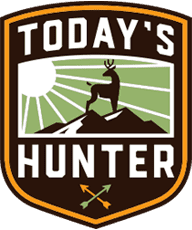
Developed and Approved by the NDA
The Deer Steward program was developed to meet the NDA’s standards for safe and ethical hunting practices. Since 1988, NDA has worked to promote sustainable, healthy, and balanced deer populations, wildlife habitat, and ethical hunting experiences through scientific research, hunter education programs, hunting advocacy, and active hunter recruitment. NDA is pleased to join Today’s Hunter in being your guide to becoming an advanced deer manager and hunter, and we know you’re going to find the experience enjoyable and rewarding.
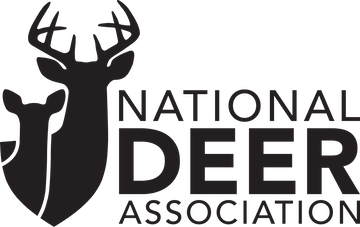
Personal Instruction
The NDA’s Deer Steward online modules were developed with the goal of increasing your knowledge and understanding of a specific topic. Whether you’re a brand-new or experienced hunter, landowner, or an aspiring natural resource professional, this is the place to be. Each course is entirely web based, and you will have access to the materials for 90 days after registering, allowing for the flexibility necessary to cover the materials as quickly or slowly as you desire.
Here's an idea of the topics covered in this module.
Buck Management – Kip Adams
Who doesn’t want to learn more about bucks? This topic covers antler restrictions, aging bucks on the hoof, selective harvest, genetics and more! Hunters love big bucks, and this module will arm you with the tools necessary to make wise decisions and carefully choose which bucks to harvest.
Predators and Predation – Dr. Will Gulsby
Deer are a prey species, and there are several different animals that hunt and eat deer. Learn all about deer predators and predation rates, predator effects on deer behavior, and how to manage predator populations. If you want to learn how to minimize deer predation on your property, this module has you covered!
Doe Management – Matt Ross
Harvesting an adequate number of does is a key principle of quality deer management. This module will help you better understand population ecology, doe behavior, when and why you should harvest does, and how to tell does and fawns apart. Doe management is a crucial subject that every hunter should know!
Nutrition and Food Habits – Dr. Marcus Lashley
What do deer eat? How much do they eat? Nutrition and Food Habits will cover everything you need to know about a deer’s diet, including nutritional requirements, minerals, diet selection, and the dangers of supplemental feeding. Learning what deer eat and when they eat will increase your hunting success by knowing which food sources to hunt throughout the season.
Course Features
Videos
Filmed in front of a live audience, our Deer Steward course videos feature professional biologists and deer researchers, the latest and most relevant science, and engaging footage of deer in the wild that gives you a visual representation of their behavior and how they respond to management.
Watch this 2-minute video to learn more about the new and improved course.
Kip Adams – Kip is NDA’s Chief Conservation Officer. Kip received his B.S. in Wildlife and Fisheries Science from the Pennsylvania State University and his M.S. in Wildlife from the University of New Hampshire. Kip is a Certified Wildlife Biologist, Life Member of NDA, and a member of the Brothers-Hamilton Legacy Society.
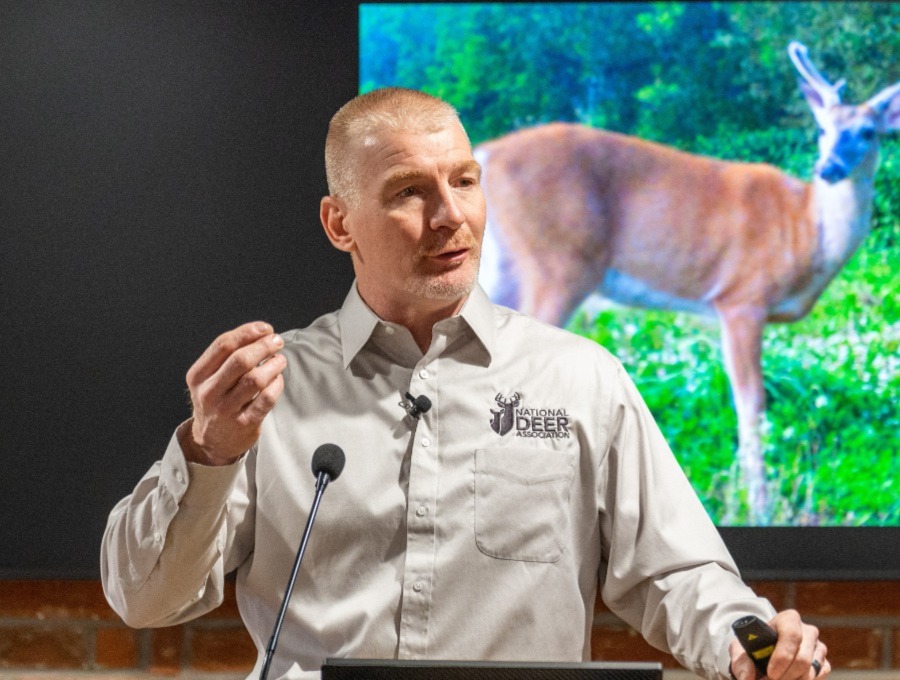
Matt Ross – Matt is NDA’s Director of Conservation. Matt received his B.S. in Wildlife Conservation from the University of Massachusetts and his M.S. in Wildlife Ecology from the University of New Hampshire. He is a Certified Wildlife Biologist, a Licensed Forester, a Life Member of NDA, and a member of the Brothers-Hamilton Legacy Society.
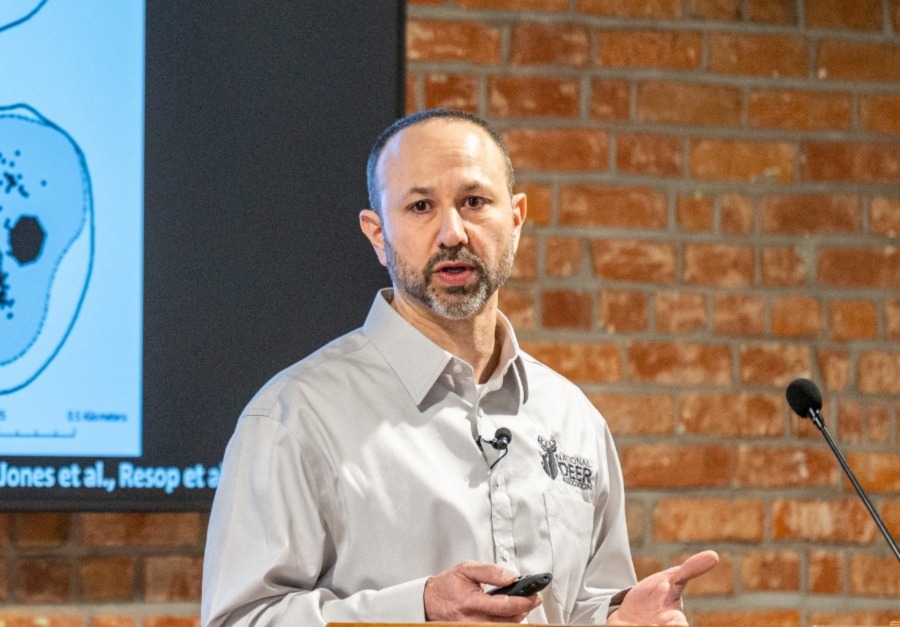
Dr. Will Gulsby – Will is an Associate Professor of Wildlife Ecology and Management at Auburn University. Will received his M.S. and Ph.D. degrees in Wildlife from the University of Georgia. Dr. Gulsby has conducted research on coyote predation on deer across several states.
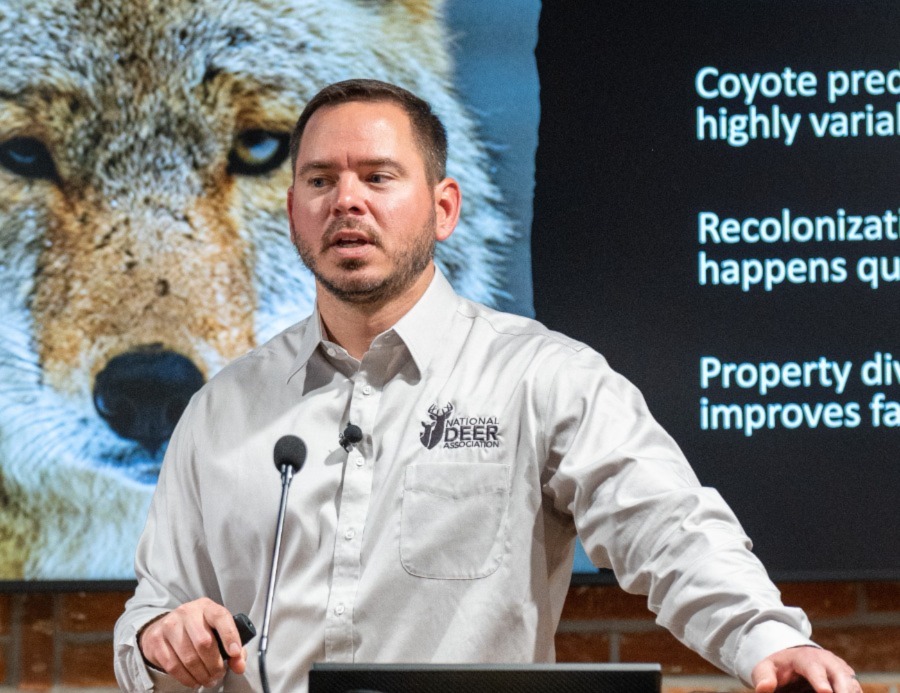
Dr. Marcus Lashley – Marcus is an Assistant Professor of Wildlife Ecology and Conservation at the University of Florida. Marcus received a B.S. in Forestry with Wildlife Management emphasis from Mississippi State University; an M.S. in Wildlife and Fisheries from University of Tennessee; and a Ph.D. in Fisheries, Wildlife, and Conservation Biology from North Carolina State University. Marcus is interested in disturbance ecology and how plant community structure influences interactions between competitors and predator-prey dynamics.
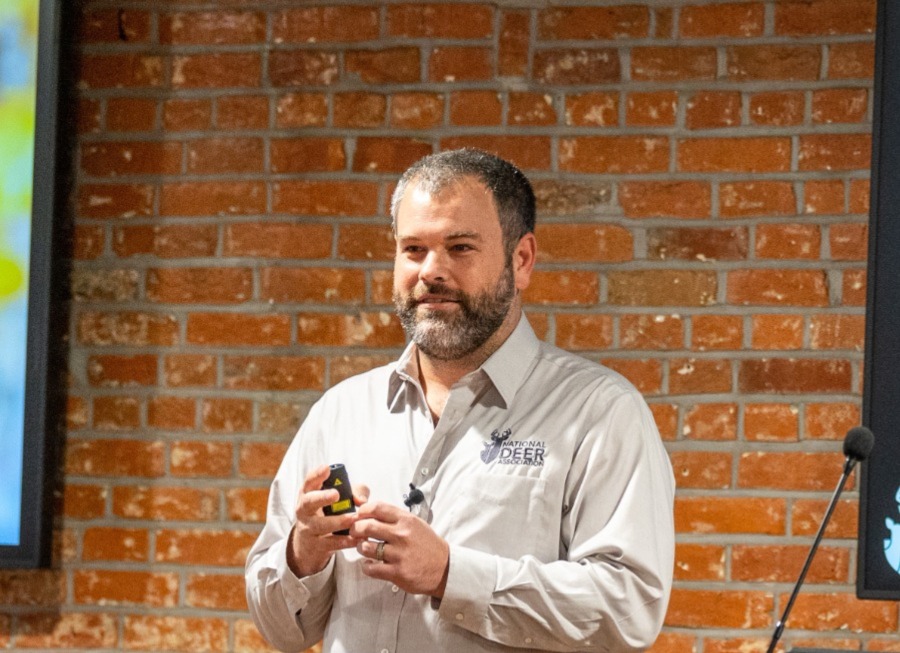

Continuing Education Credits
Just like NDA’s in-person Deer Steward courses, registrants must pass an exam to graduate, and continuing education credits from either the Society of American Foresters and/or The Wildlife Society are available. In addition, we’re proud to announce that this course is now compatible with the Americans with Disabilities Act (ADA). Graduates of this course will be eligible to take one of the NDA’s in-person Level 2 courses upon completion.
Learn Your Way on Any Device
Today's Hunter offers online courses that are fully mobile-friendly from start to finish. This safety course is designed to work on your smartphone, tablet, laptop, or desktop computer.
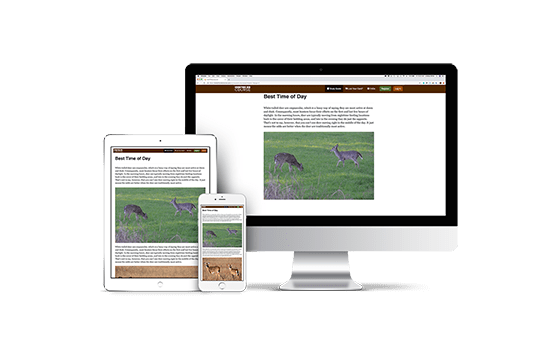
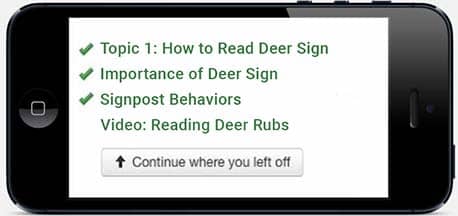
Saved Progress
You may complete the course at your own pace. The course can be completed in one sitting or a little at a time over several days. Log in and out at any time, and we'll keep track of your progress. Most students finish the course in a few hours.

